Volkswagen’s Rapid and Unforeseen Fall From Grace
On September 18th, 2015, the United States Environmental Protection Agency (EPA) issued a Notice of Violation of the Clean Air Act to Volkswagen AG, Audi AG, and Volkswagen Group of America, Inc. (collectively known as and referred to herein as Volkswagen). The State of California separately issued an In-Use Compliance letter to Volkswagen as investigations were launched by both the EPA and the California Air Resources Board (CARB). The Notice of Violation alleges that Volkswagen deceptively installed software that allowed the company’s cars to circumvent EPA emissions standards for certain air pollutants.
More simply, since 2009, in the United States, Volkswagen sold 482,000 “clean diesel” vehicles that were equipped with elaborate software that resulted in the cars’ pollution controls functioning only when being tested for emissions. As described in the Notice of Violation, the software is able to detect when the car is undergoing official emissions testing and only then turns full emissions controls on. The software works such that an intricate code tracks steering and pedal movements suggesting that the car is being tested for nitrogen-oxide emissions in a laboratory. According to a statement by the EPA, the software then switches off the full emissions controls during every day driving. The result is that these cars meet emissions standards in the laboratory, but during normal operation, emit nitrogen oxides (NOx) at up to 40 times the legal, approved, and allowable standard. Software such as this is defined by the Clean Air Act as a “defeat device”.
Questions Raised
After an independent analysis by researchers at West Virginia University raised questions about the vehicles’ emissions levels, the EPA and the California Air Resources Board took notice and launched investigations. The International Council on Clean Transportation, a non-governmental organization was also collaborating with the researchers at West Virginia University to discern the incongruent emissions results. In May 2014, both the EPA and the state of California ordered Volkswagen to fix the alleged problem. The company asserted that it had. Yet again, while the cars passed laboratory testing, real-world performance still didn’t add up.
Cynthia Giles, Assistant Administrator for the Office of Enforcement and Compliance Assurance firmly stated that “Using a defeat device in cars to evade clean air standards is illegal and a threat to public health.”
It wasn’t until September of 2015, after both the EPA and the California Air Resources Board demanded an explanation for the identified emissions discrepancy that Volkswagen admitted to the inclusion of defeat devices. As it is now known, Volkswagen and Audi sold about 482,000 diesel vehicles with the illegal emissions control software. The vehicles included are four-cylinder Volkswagen and Audi diesel cars from model years 2009-2015, specifically, 2009-2015 model year VW Jetta, Beetle, Golf, Audi A3, as well as 2014-2015 model year VW Passat.
The Fallout
On the Monday following the Friday scandal reveal, Volkswagen shares tanked more than 20% in early trading. U.S. officials stated that Volkswagen’s two-part violation of the federal Clean Air Act could result in fines of as much as $37,500 per car, or more than $18 billion. Former Volkswagen CEO Martin Winterkorn hung on for a few days before announcing his resignation on Wednesday, September 23rd. The company further froze US sales of its 2015 and 2016 “clean diesel” vehicles.
Looking forward, “The tinkering that Volkswagen will have to do by law to fix these vehicles will almost certainly degrade the performance to less than what Volkswagen claimed when it originally sold these cars,” said Steve Berman, a class action attorney in Seattle. Adding to the fallout, Consumer Reports suspended its “recommended” rating on two VW models (the Jetta diesel and Passat diesel) until they can be re-tested following completion of the recall repairs.
Remember, these cars are still on the road with an impact to the public and public health. Exposure to the excess undetected pollutants has been linked to a range of serious health issues, including increased asthma attacks, other respiratory illnesses, and premature death due to respiratory-related or cardiovascular-related complications.
On Friday, a consumer class-action case was filed against Volkswagen in a federal court in San Francisco alleging that the defeat device caused vehicles to lose value. The case claims that Consumers wouldn’t have bought the vehicles or paid as much as they had if they had known about the defect. It goes on to assert that Consumers stand to spend more on fuel when the cars are modified to comply with approved emissions standards.
Where do we go from here?
“Our goal now is to ensure that the affected cars are brought into compliance, to dig more deeply into the extent and implications of Volkswagen’s efforts to cheat on clean air rules, and to take appropriate further action,” stated Air Resources Board Executive Officer Richard Corey. The onus of responsibility lies upon Volkswagen to initiate the process to fix the affected cars.
According to a company statement, Volkswagen said it is cooperating with the investigation but is unable to comment further on the EPA’s findings and allegations at this time. The fallout comes just days before Volkswagen planned to reveal a significantly updated 2016 Passat midsize sedan. The hyped release party was scheduled to occur Monday in New York City featuring music artist Lenny Kravitz and attended by other A-listers. “There is no way to put an optimistic spin on this—this is really serious,” said Max Warburton, an analyst with Bernstein Research. “The best case for VW is probably still a multi-billion dollar fine.”
According to industry insiders, Volkswagen is forecasted to appoint Porsche CEO Matthias Müller at the helm of its troubled ship. Arndt Ellinghorst, an analyst at Evercore ISI research group said that while Mr. Müller is a “good choice,” he is likely a transitional figure while additional internal candidates are identified. Resignations have been demanded from several of the company’s top engineers, including Ulrich Hackenberg, chief engineer at Audi, Wolfgang Hatz, research and development chief at Porsche, and Heinz-Jakob Neusser, a development chief formerly with Porsche. All three engineers declined requests for comment
Unanswered Questions
Why did Volkswagen cheat in the first place? Why was it so easy for Volkswagen to get away with it?
While Volkswagen is remaining silent, outside analysts are formulating guesses. The overwhelming consensus is that the legal emissions controls degraded the cars’ driving performance, making the cars less fun to drive. If there is one known thing, Carl Tobias, a products-liability law professor at the University of Richmond in Virginia said, “There’s a lot that’s going to happen in the days ahead”.
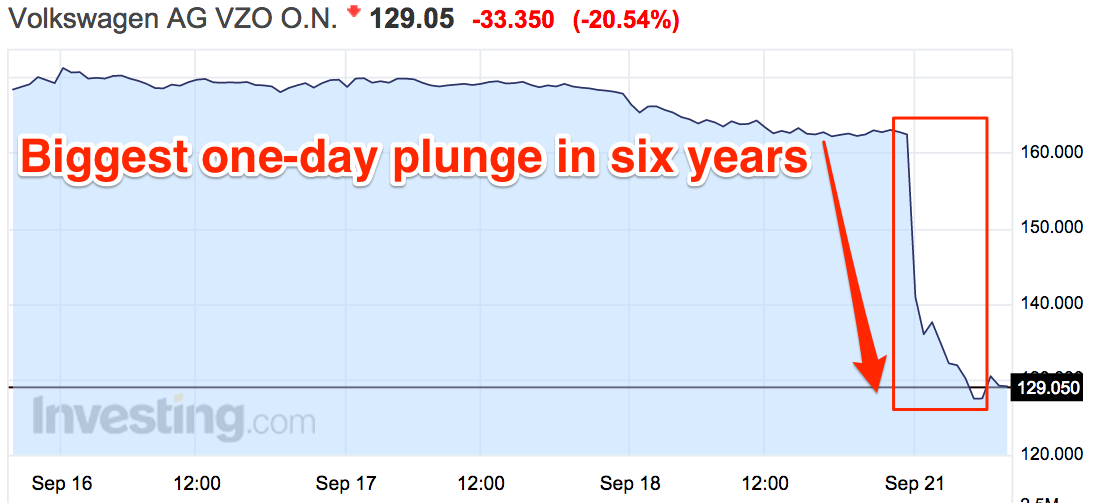
Source
Other Sources:
- http://www3.epa.gov/otaq/cert/documents/vw-nov-caa-09-18-15.pdf
- http://yosemite.epa.gov/opa/admpress.nsf/bd4379a92ceceeac8525735900400c27/dfc8e33b5ab162b985257ec40057813b!OpenDocument
- http://www.bloomberg.com/news/articles/2015-09-19/vw-clean-diesel-scheme-exposed-as-u-s-weighs-criminal-charges
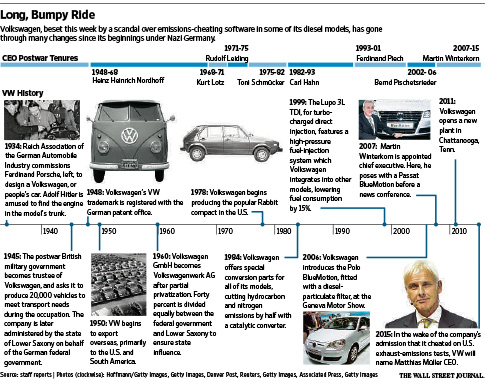
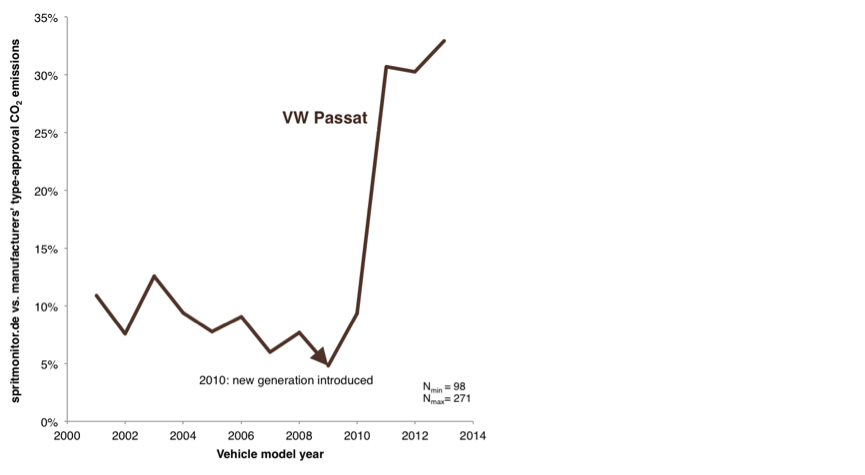


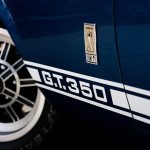
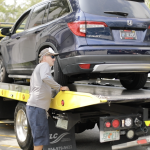

Comments by Direct Connect Auto Transport